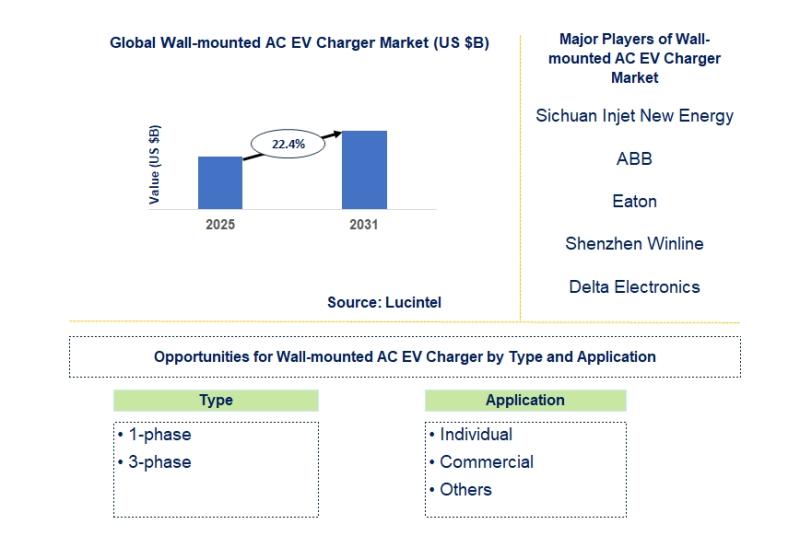American interest in DHgate, a Chinese e-commerce platform, has surged following President Donald Trump‘s announcement of a sharp tariff increase on Chinese imports. The app, long a niche wholesale platform for sourcing inexpensive goods from China, is now topping U.S. app store rankings as consumers seek cheaper alternatives to domestic products.
As of mid-April, DHgate ranked as the second most downloaded free app in Apple‘s U.S. App Store, a leap from 352nd place just days earlier. The spike followed Trump’s April 10 decision to raise tariffs on Chinese imports to 145 percent, spurring viral content on TikTok that encourages users to shop directly from Chinese manufacturers to avoid what some users describe as price markups by Western retailers.
That growth raises a broader question: how secure and reliable is shopping on DHgate?
Is it safe to buy from DHgate?
According to Privacy.com, DHgate has taken significant steps to protect user information, including SSL encryption, two-factor authentication, and real-time threat monitoring.
While these measures help secure credit card transactions, no platform is entirely immune to risks like phishing or seller fraud. Privacy.com advises shoppers to avoid completing transactions outside of the DHgate platform and consider using virtual cards or spending limits for added protection.
Jesús Hellín/Europa Press via AP
Wired notes that DHgate “has a buyer protection program and holds payments from sellers until buyers acknowledge receipt of their order.” Still, the quality of goods can vary. “They don’t actually guarantee the quality or the authenticity of any products on the platform,” said Arnold Ma, CEO of Qumin. Ben Graham, a UK-based ecommerce consultant, told Wired, “Some sellers will probably be really good, and some will be pretty poor.”
Why is DHgate so cheap?
The app has become a hub for so-called “dupes”—unbranded or imitation versions of luxury goods sold at significantly lower prices. On DHgate, shoppers can easily find imitations of Goyard handbags priced around US$20, compared with originals that exceed US$4,000, as well as yoga pants similar to those from Lululemon for around US$10”.
One popular TikTok creator, @lunasourcingchina, posted videos showing factories that claim to manufacture for major Western brands like Estée Lauder, Tommy Hilfiger and Brooks Brothers. “There’s nothing a Chinese factory can’t make,” @lunasourcingchina said in a video that received more than 3.6 million views in three days. “Factories in this region are beloved by those world top brands”
A similar narrative spread through TikTok in the wake of Trump’s tariff announcement. “A $38,000 Birkin bag is made for just around $1,400 and that consumers are just paying for the logo and fancy packaging,” claimed a Chinese manufacturer in a video posted on TikTok.
How many people used DHgate?
On April 12, DHgate was downloaded 35,400 times globally, including 17,300 installs in the U.S. The next day, it recorded 117,500 downloads on iOS, with 65,100 of those in the U.S.—a 940% jump from its previous 30-day average.
In response to the surge, DHgate issued a statement to the South China Morning Post saying it was “grateful yet remain humble about this phenomenal surge in traffic.” The company added, “As a company with deep roots in cross-border e-commerce, our focus remains on enhancing digital trade experiences for global consumers”.
However, the boom comes with regulatory uncertainty. The Trump administration signed an executive order ending the “de minimis exemption,” which previously allowed imports under $800 to enter the U.S. duty-free. That change takes effect in May.
“Expect slower shipping, more customs paperwork, and surprise fees unless you work with experienced freight forwarders,” DHgate said in a statement on April 15.
Still, some argue DHgate’s price advantage will persist. “The markup is, like, a lot higher than the tariff,” said Ma in an interview with Wired.


